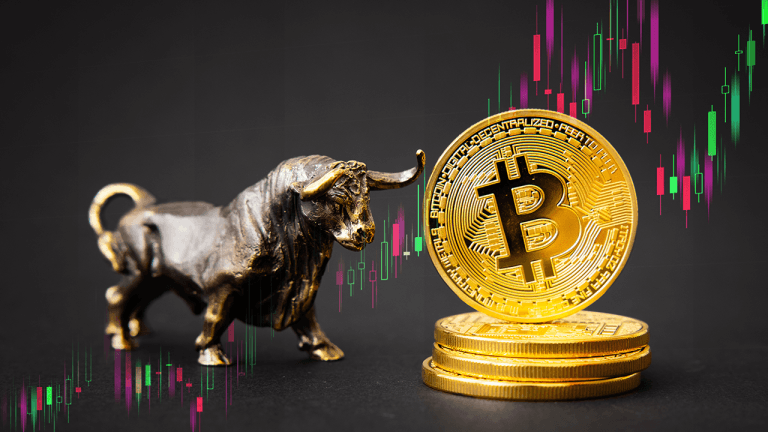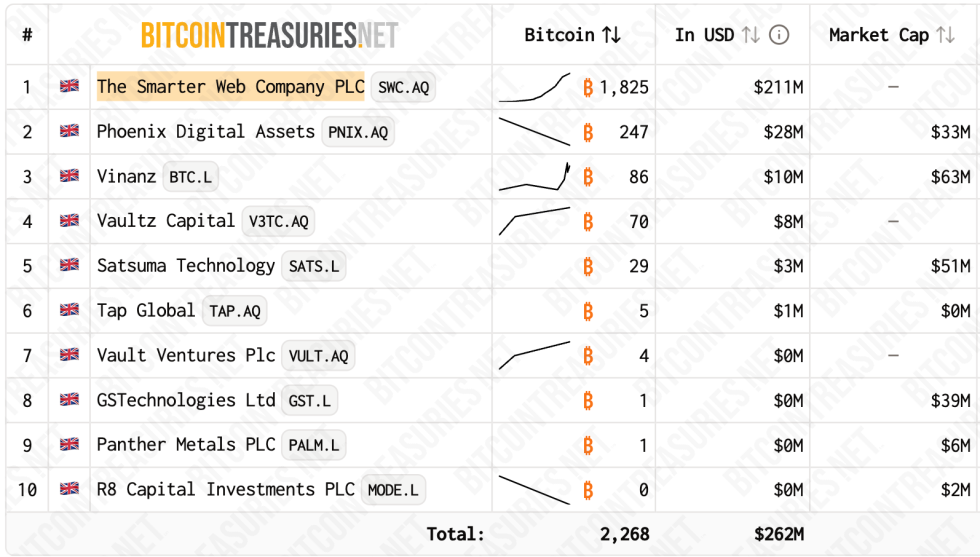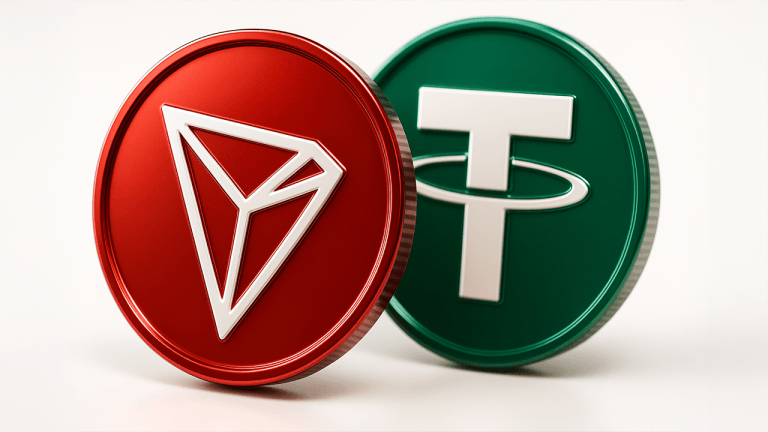
Crypto trading and investing are often intertwined, but key differences remain between the two methods.
What are the key differences between cryptocurrency investing and cryptocurrency trading?
Despite their differences, investing and trading often come hand-in-hand. Traders can be investors and vice-versa. However, knowing the difference is still crucial, especially for those looking to start their journey into the crypto market.
So, what is the difference between a cryptocurrency investor and a cryptocurrency trader? Generally speaking, investors purchase cryptocurrencies with sound fundamentals and expect the price to rise over time. On the other hand, traders take advantage of market volatility by keeping their coins for a short period to maximize profits.

It is important to note that while both trading and investing carry a certain level of risk, investors and traders can still be differentiated based on their risk profiles. Investors are usually more risk-averse and prefer to leave their investments on autopilot; they do not worry about daily price changes as much. On the other hand, traders thrive on taking risks and must have an excellent understanding of market volatility and conditions.
What are the pros and cons of cryptocurrency investing?
The main advantages of investing in cryptocurrency are capital appreciation, hedging against inflation and lower risks than trading. Meanwhile, the primary disadvantage of investing in crypto assets is their inherent volatility.
The biggest advantage of cryptocurrency investing is the potential for capital appreciation over time. Despite fluctuations in price and market sentiment, historical data shows that, given the cryptocurrency market’s rapid growth in the past decade, one could potentially profit by being a long-term investor.
Another benefit is that cryptocurrencies can act as a hedge against inflation since their prices tend to be more resistant to market sentiment changes than fiat currencies. Investing in cryptocurrencies also carries lower risks than cryptocurrency trading since it involves a longer-term commitment.
Conversely, cryptocurrency investing can also be extremely risky due to its high volatility. As such, investors should ensure that they are well-versed in the fundamentals of cryptocurrencies and related risks before investing their hard-earned money.
What is cryptocurrency investing?
On the other hand, cryptocurrency investing is mainly concerned with buying and holding cryptocurrencies over a more extended period, hoping that one’s investment will appreciate over time.
Also referred to as “hodling,” a derivative of “hold” and “hold on for dear life,” investing in cryptocurrencies is a more long-term commitment compared to crypto trading.
As such, crypto investors are less concerned with short-term market fluctuations and pay more attention to the fundamentals of the crypto assets they purchase. Some crypto investing strategies investors employ are:
- Hodl: As mentioned, hodling mainly involves buying and holding crypto assets indefinitely. The underlying principle is that cryptocurrency prices are bound to rise over time.
- Dollar-cost averaging: Investors who use this approach purchase cryptocurrency in small amounts at regular intervals, regardless of market fluctuations. Theoretically, this approach helps average out prices over time and reduce the impact of volatility on one’s investment portfolio.
- Value investing: Value investing involves identifying undervalued cryptocurrencies with solid fundamentals and huge potential. By buying low, investors are banking on the asset’s potential increase in value.
- Growth investing: Growth investors invest in new assets that are expected to grow exponentially in the future in the hope of increasing an investor’s capital.
- Index fund investing: Cryptocurrency index funds are designed to allow investors to access a wide range of digital currencies. They are structured like exchange-traded funds (ETFs) and mutual funds in that they hold a basket of different assets.
What are the pros and cons of cryptocurrency trading?
The most significant advantages of trading cryptocurrencies are quick profit generation, secure value storage, low fees and universal accessibility. Meanwhile, crypto assets’ inherent risk and volatility count as disadvantages.
The main benefit of cryptocurrency trading is the potential to generate quick profits by taking advantage of short-term price movements and market trends. Some cryptocurrency traders also value assets such as BTC as a secure store of value, especially since cryptocurrencies were designed to function independently of central institutions.
Cryptocurrencies can also be traded peer-to-peer, incurring much lower fees than transactions involving central authorities, such as banks and financial institutions. Cryptocurrencies are also generally accessible universally, allowing anyone with an internet connection and mobile device or computer to create a cryptocurrency wallet and start trading.
On the other hand, crypto trading also carries significant risks due to its high volatility — meaning prices can swing rapidly up and down. This could lead to substantial losses if traders are not careful and don’t monitor their positions.
So, is crypto trading good for beginners? While beginners can start trading small amounts as they build experience, it is worth noting that the risks associated with crypto trading are much higher than most other forms of investing, meaning that high-stakes trading may not be the most suitable investment method for beginners.
What is cryptocurrency trading?
Trading cryptocurrency capitalizes on short-term strategies, such as scalping, day trading, swing trading and position trading, to take advantage of changes in price and market trends.
Cryptocurrency trading, much like trading in other traditional financial assets, entails predicting price movements and speculating on the future of digital currencies like Bitcoin (BTC), Ether (ETH) and XRP (XRP).
Trading mainly involves “timing the market,” or buying and selling assets based on predictions about the best entry and exit points. Traders monitor market news and technical analysis indicators to inform their decisions. Some crypto trading strategies that cryptocurrency traders employ are:
- Arbitrage: Arbitrage is a trading strategy that takes advantage of an asset’s price differences across various exchanges. By quickly buying and selling assets between exchanges, traders can exploit small price discrepancies to make quick profits.
- Day trading: Day traders are constantly scanning the market for intraday price variations to secure daily profits, closing out their trades before nightfall. Each trade may last from minutes to several hours.
- Swing trading: Swing traders capitalize on the rapid price swings of cryptocurrencies, with a trade typically lasting between one day to a couple of weeks. Swing traders use technical analysis to identify significant directional movements in cryptocurrency prices within this short period.
- Position trading: Position trading is a form of trading that also leans toward investment. It’s similar to swing trading but involves extensively studying long-term trends and patterns — and typically lasts several months to a couple of years.
- Scalping: Scalping is a high-frequency trading strategy that involves making multiple trades within a short period of time to capture small price movements. As the most active market participants, scalpers make rapid trades with short holding times — lasting minutes or even seconds in some cases — to “skim” a profit without incurring any substantial risk.

You can get bonuses upto $100 FREE BONUS when you:
💰 Install these recommended apps:
💲 SocialGood - 100% Crypto Back on Everyday Shopping
💲 xPortal - The DeFi For The Next Billion
💲 CryptoTab Browser - Lightweight, fast, and ready to mine!
💰 Register on these recommended exchanges:
🟡 Binance🟡 Bitfinex🟡 Bitmart🟡 Bittrex🟡 Bitget
🟡 CoinEx🟡 Crypto.com🟡 Gate.io🟡 Huobi🟡 Kucoin.



















Comments